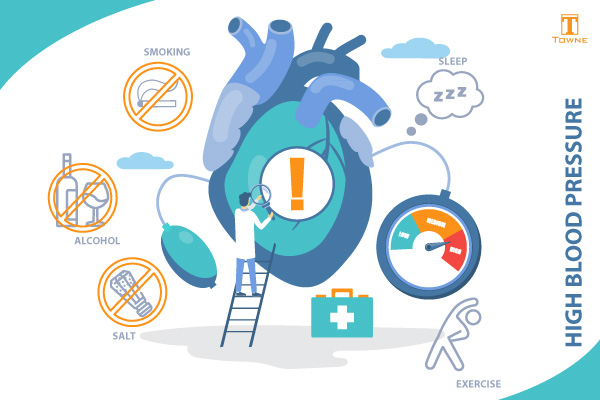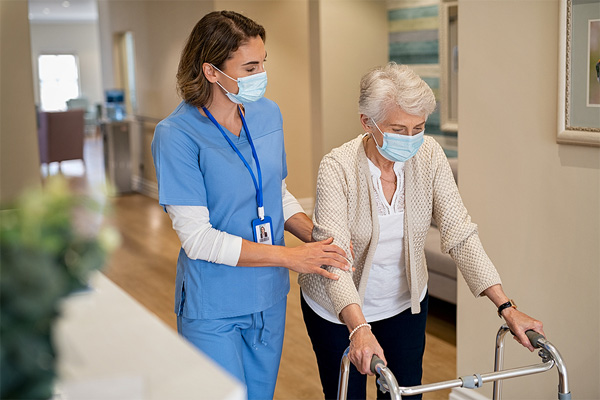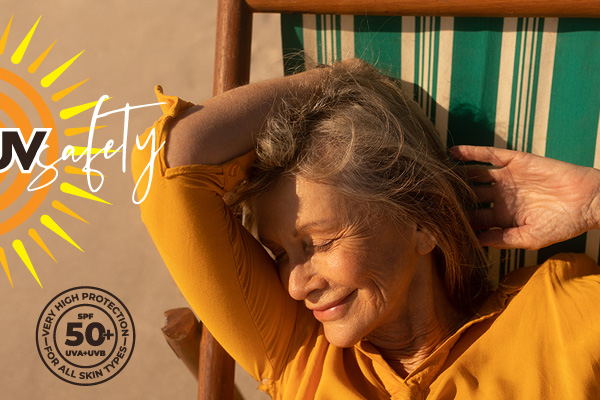Fibromyalgia is a disease which affects the muscles and soft tissue. Symptoms vary from person to person, and include problems like chronic muscle pain, fatigue, sleep problems and painful tender points. There’s no known cure for fibromyalgia, but symptoms can be relieved through medications, lifestyle changes and stress management.
The disease is complex for anyone suffering from it, but it can be more complex in the elderly, since they are more likely to suffer from other health issues. They are also more vulnerable to certain symptoms of fibromyalgia such as depression, anxiety and sleep disturbances.
Multiple Health Issues
Residents of nursing facilities often have multiple health issues and it can be hard to separate them from each other and determine which ones are related to fibromyalgia and which are related to another disease. If a patient complains of fibromyalgia symptoms, he should have a full workup by his physician, to determine which symptoms are which, and to prescribe the right medication.
Exercise
Fibromyalgia can be alleviated through exercise, but most residents of nursing facilities aren’t up to anything strenuous. Depending on their general health, they may not even be able to take a slow walk. That doesn’t mean they shouldn’t move at all – patients should be encouraged to be as active as they can be.
Sleep Patterns
Sleep patterns can be disturbed in fibromyalgia patients, and this problem tends to get worse as they age. They are likely to sleep better if they aren’t hungry, so feeding them protein before bed is a good idea. They may also benefit from a sleep aid like a calcium and magnesium supplement or a dose of melatonin.
Nutrition
As with any disease, nutrition plays a large part in reducing symptoms. Many elderly patients don’t eat well or eat enough, and it is doubly important that fibromyalgia sufferers are getting enough calories from healthy sources. Patients might also benefit from vitamin and calcium supplements, as recommended by the doctor.
Compassion
Because fibromyalgia symptoms are not external, those who suffer from the disease are often treated as if the problem is all in their heads. They are told that they are complaining needlessly and that they just have to change their attitude. This “well-meaning advice,” is, of course, no help at all. It’s important to show patients that you care about their pain and want to help them manage it. A little compassion goes a long way!







